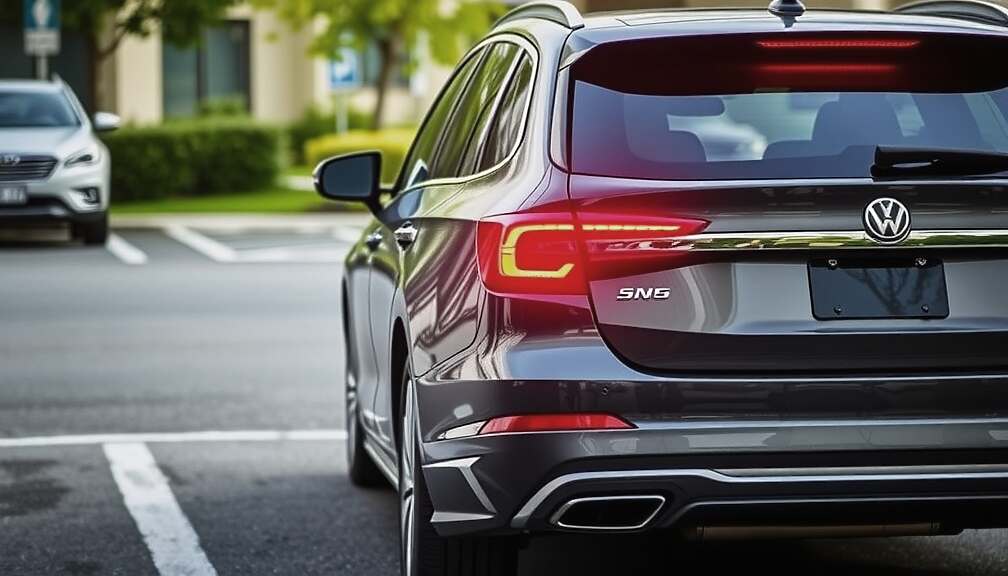The German Automobile Club (ADAC) is advocating for a legal mandate requiring the installation of automatic emergency braking systems for reversing in vehicles. The club highlighted the maturity of the technology and its potential to significantly reduce road accidents in a statement released Tuesday.
Statistics from Allianz indicate that approximately 25% of pedestrian collisions occur during reversing maneuvers. Furthermore, low-speed collisions during parking result in roughly €4.5 billion in damages annually.
A recent ADAC test evaluated ten vehicles equipped with reversing automatic emergency braking (AEB) systems. These systems were assessed for their ability to react to both stationary and moving obstacles. Four models, produced by BMW, Volvo, Ford and Volkswagen, demonstrated flawless performance, avoiding all simulated collisions. The Hyundai system exhibited minor limitations. Conversely, systems from Mercedes, Skoda and BYD showed instances of overlooking objects or applying brakes too late.
ADAC believes these assistant systems hold considerable potential for accident prevention, estimating that approximately 50% of accidents occurring during reversing could be averted with AEB technology. Many vehicles already possess the necessary sensors and retrofitting via software updates is frequently feasible.
While automatic emergency braking systems for forward motion became mandatory for new passenger vehicles across the European Union from mid-2024, a corresponding regulation for reversing procedures remains absent. ADAC is calling for this regulatory gap to be addressed, emphasizing the potential safety benefits for drivers and pedestrians alike.












